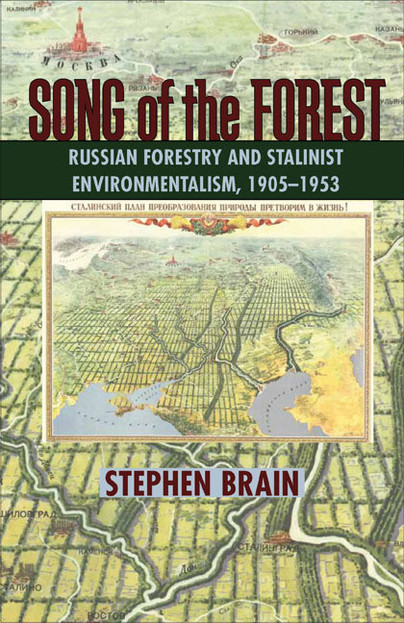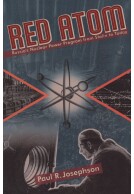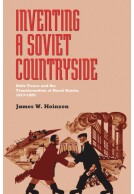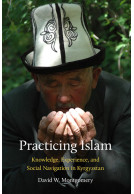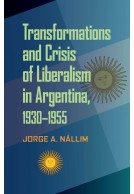Song of the Forest (Paperback)
Russian Forestry and Stalinist Environmentalism, 1905–1953
Imprint: University of Pittsburgh Press
Series: Russian and East European Studies
Pages: 240
ISBN: 9780822961659
Published: 31st October 2011
Script Academic & Professional
Series: Russian and East European Studies
Pages: 240
ISBN: 9780822961659
Published: 31st October 2011
Script Academic & Professional
This book will be reprinted and your order will be released in due course.
You'll be £41.00 closer to your next £10.00 credit when you purchase Song of the Forest. What's this?
+£4.99 UK Delivery or free UK delivery if order is over £40
(click here for international delivery rates)
Order within the next 3 hours, 8 minutes to get your order processed the next working day!
Need a currency converter? Check XE.com for live rates
(click here for international delivery rates)
Order within the next 3 hours, 8 minutes to get your order processed the next working day!
Need a currency converter? Check XE.com for live rates
The Soviets are often viewed as insatiable industrialists who saw nature as a force to be tamed and exploited. Song of the Forest counters this assumption, uncovering significant evidence of Soviet conservation efforts in forestry, particularly under Josef Stalin. In his compelling study, Stephen Brain profiles the leading Soviet-era conservationists, agencies, and administrators, and their efforts to formulate forest policy despite powerful ideological differences. By the time of the revolution of 1905, modern Russian forestry science had developed an influential romantic strand, especially prevalent in the work of Georgii Morozov, whose theory of \u201cstand types\u201d asked forest managers to consider native species and local conditions when devising plans for regenerating forests. After their rise to power, the Bolsheviks turned their backs on this tradition and adopted German methods, then considered the most advanced in the world, for clear-cutting and replanting of marketable tree types in \u201cartificial forests.\u201d Later, when StalinÆs Five Year Plan required vast amounts of timber for industrialization, forest radicals proposed \u201cflying management,\u201d an exaggerated version of German forestry where large tracts of virgin forest would be clear-cut. Opponents who still upheld MorozovÆs vision favored a conservative regenerating approach, and ultimately triumphed by establishing the worldÆs largest forest preserve. Another radical turn came with the Great Stalin Plan for the Transformation of Nature, implemented in 1948. Narrow \u201cbelts\u201d of new forest planted on the vast Russian steppe would block drying winds, provide cool temperatures, trap moisture, and increase crop production. Unfortunately, planters were ordered to follow the misguided methods of the notorious Trofim Lysenko, and the resulting yields were abysmal. But despite Lysenko, agency infighting, and an indifferent peasant workforce, StalinÆs forestry bureaus eventually succeeded in winning many environmental concessions from industrial interests. In addition, the visionary teachings of Morozov found new life, ensuring that the forestÆs song did not fall upon deaf ears.
Other titles in the series...
Other titles in University of Pittsburgh Press...







